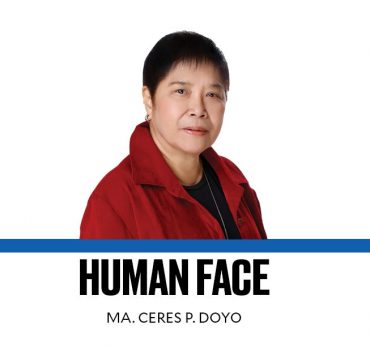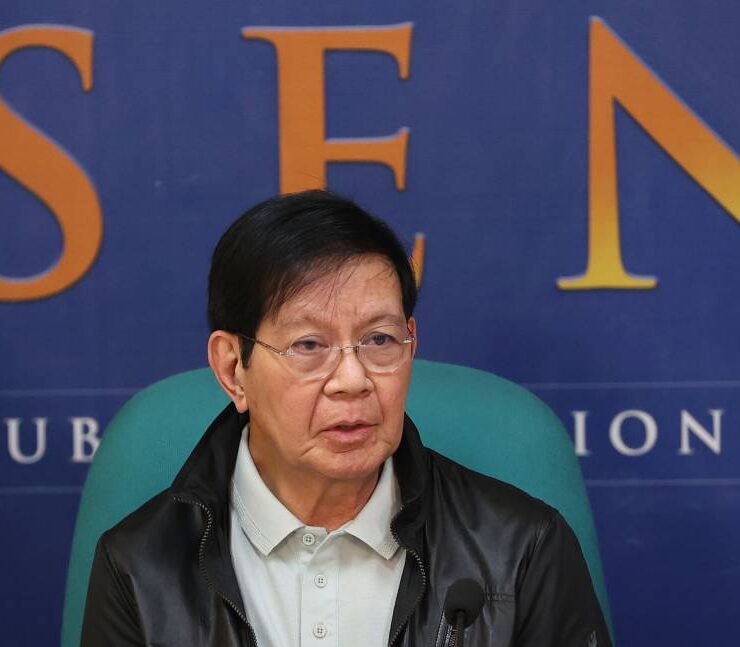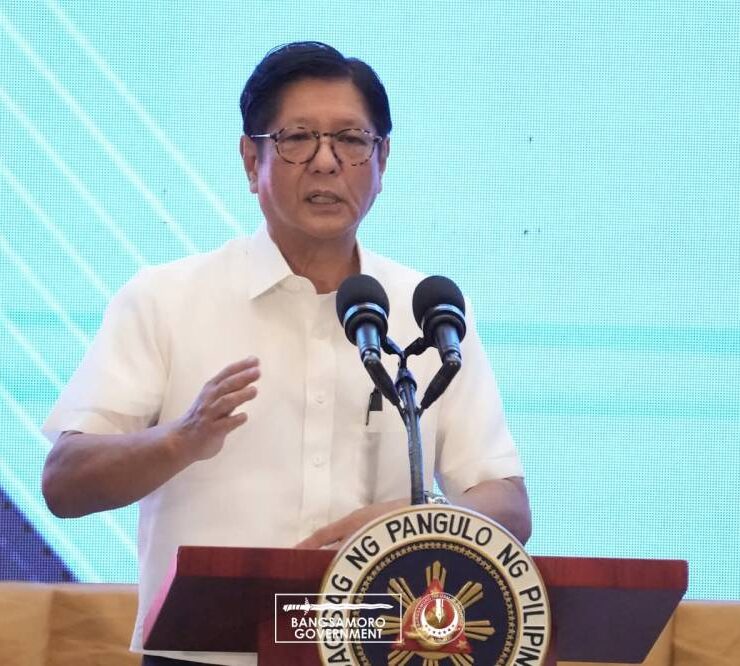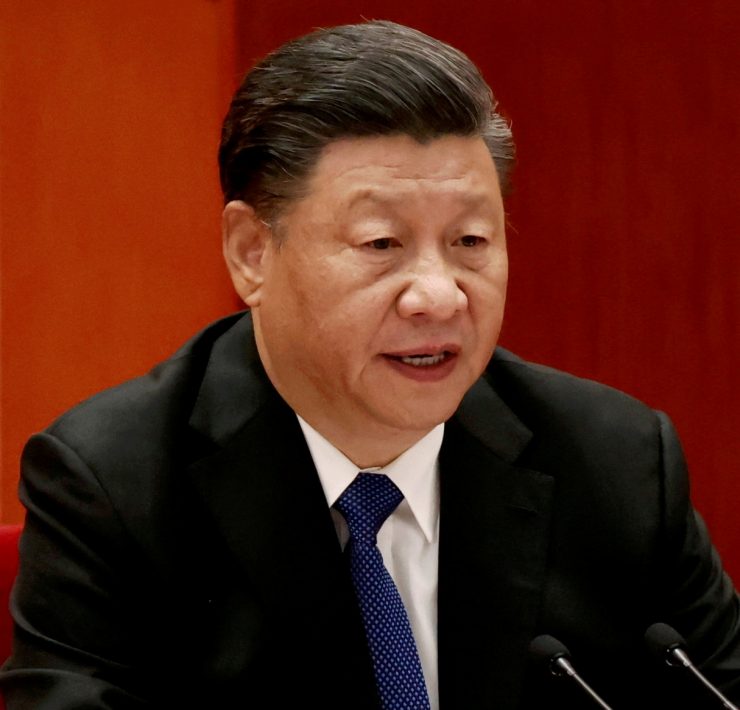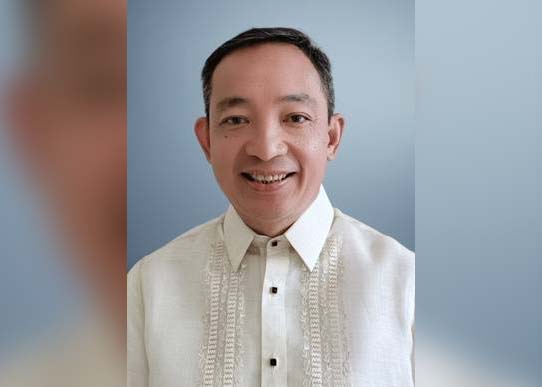When law enforcers flout the law

Is there no end to the creative schemes concocted by supporting actors of the Duterte drug war to get around the law and profit from it?
Following the recent Department of Justice (DOJ) resolution recommending the filing of criminal charges against at least 30 police officers involved in a “staged” P6.7-billion “shabu” bust in Manila in 2022, the government said it was launching a police investigation into drug seizures dating back to 2016, when then President Rodrigo Duterte launched his brutal anti-illegal drugs campaign.
During the House quad committee hearing last year, a retired police colonel revealed that the former president had offered cash rewards for every drug suspect killed in his bloody anti-narcotics campaign, which led to thousands of extrajudicial killings. After initially refuting the existence of a reward system for police operatives, Duterte confirmed it before the same committee in November last year.
On Monday, Interior Secretary Juanito Remulla told media that the government’s working theory was that the police reward system encouraged a scheme where cops would seize drugs, report only a portion, and stash the rest for future arrests—and further cash reward. There appeared to be “a grand conspiracy to conceal a criminal enterprise within the (Philippine National Police),” he added.
Floodgates of corruption
“The reward system emboldened the police force to game the reward system,” Remulla said, prompting protests from the PNP which issued a statement saying that it was “ready to fully cooperate with any inquiry to uphold transparency, strengthen public trust, and reinforce good governance.”
Surigao del Norte Rep. Robert Ace Barbers meanwhile blamed Duterte’s drug war for “open(ing) the floodgates to corruption in the PNP.”
“Officers fabricated evidence, inflated statistics, and exploited the system for personal profit, while those who should have been held accountable were shielded,” Barbers said.
The DOJ resolution was filed in connection with the recovery P6.7 billion worth of crystal meth or shabu in Tondo, Manila in October 2022 allegedly during a police hot pursuit operation. However, CCTV footage showed the earlier arrest of anti-narcotic operative Police Master Sergeant Rodolfo Mayo in a buy-bust operation, prompting former interior secretary Benhur Abalos Jr. to accuse the police of attempting to cover up his arrest that broke police protocol and his release a day after, and of keeping a substantial portion of the drug haul for confidential informants.
Thirty policemen, including two generals, were accused of violating the Comprehensive Dangerous Drugs Act when they allegedly planted evidence and mishandled the high-profile drug case.
‘Ninja cops’
This is not the first time that the police had been involved in suspicious drug arrests. In 2019, PNP chief Oscar Albayalde resigned his post after being accused of protecting “ninja cops,” or police personnel involved in the illegal drug trade who would resell portion of the seized contraband to enrich themselves.
In October 2020, a Dumaguete regional trial court ordered police officers to release five people they had arrested in what drug enforcement agents said was a buy-bust operation, but was later shown to have been staged.
Such incidents prompted Abalos to demand the courtesy resignation of PNP officers in January 2023 to rid the police force of personnel involved in the drug trade. But has the move—which Abalos said led to the resignation of 95 percent of high-ranking police personnel—made any real impact on police integrity? What is the National Police Commission doing to monitor and sanction police misconduct? Following the resignation of Napolcom Commissioner Edilberto Leonardo—a Duterte appointee—after being linked to the killing of three Chinese drug convicts inside a Davao prison facility in 2016, the agency must do more to inspire confidence in its leadership.
Institutional memory
While the charges filed against the 30 cops in the staged drug haul is a good start, only their “all-out” prosecution, as Justice Secretary Jesus Remulla had vowed—can affirm the government’s resolve to excise the corruption in this law-enforcement agency.
Another option is to amend the PNP reform law, suggested Interior Secretary Juanito Remulla who noted that officers assigned to specific posts have no specialty with their duties and have thus committed costly mistakes in decision-making.
“We want each department to have an institutional memory from drug enforcement to cybercrime to administration to investigation. The cops should be specialized,” Remulla said.
With corruption deeply entrenched in the police organization, the PNP leadership must make good its recent statement to ensure that “accountability remains paramount, even for retired or resigned personnel.”
Indeed, when law enforcers themselves show contempt for the rule of law, they bring the entire justice system to disrepute and cause irreparable damage to people’s trust in government institutions.















